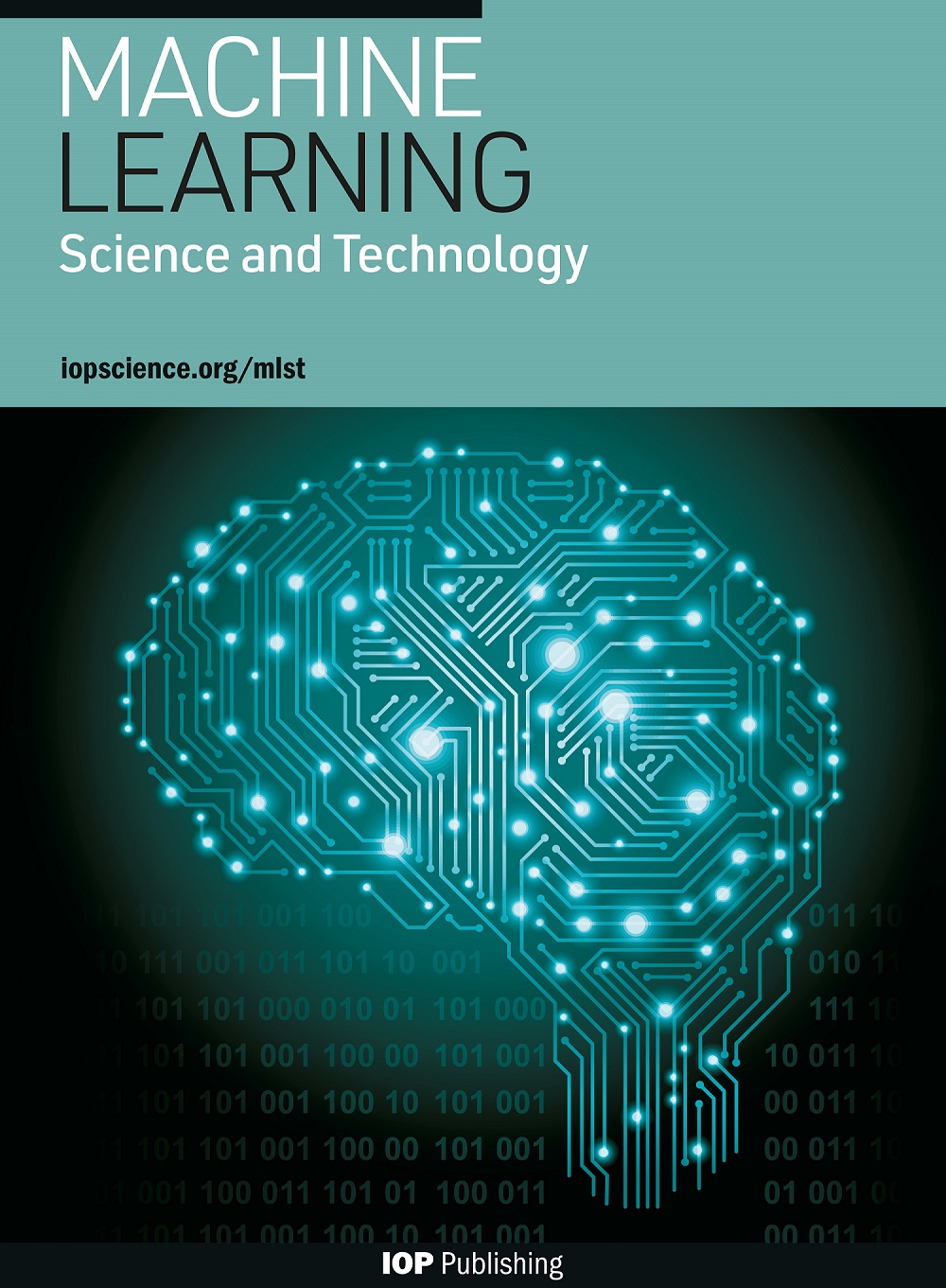闭环库普曼算子近似值
IF 4.6
2区 物理与天体物理
Q1 COMPUTER SCIENCE, ARTIFICIAL INTELLIGENCE
引用次数: 0
摘要
本文提出了一种在已知控制器的情况下识别反馈控制系统库普曼模型的方法。通过库普曼算子,可将非线性系统视为一个无穷大的提升函数集,从而将其重写为一个无穷维的线性系统。通过选择有限的提升函数子集,并解决提升空间中的回归问题,就能从数据中识别出 Koopman 算子的有限维近似值。现有方法旨在识别开环系统。然而,对某些系统(如不稳定系统)进行开环实验是不切实际或不可能的。所提出的方法利用 Koopman 算子的线性以及控制器知识和闭环 (CL) 系统结构,可同时识别闭环系统和工厂系统。通过使用 Duffing 振荡器进行仿真和使用旋转倒立摆系统进行实验,证明了所提出的 CL Koopman 算子近似方法的优势。本文公开了所提方法的开源软件实现,以及为本文生成的实验数据集。本文章由计算机程序翻译,如有差异,请以英文原文为准。
Closed-loop Koopman operator approximation
This paper proposes a method to identify a Koopman model of a feedback-controlled system given a known controller. The Koopman operator allows a nonlinear system to be rewritten as an infinite-dimensional linear system by viewing it in terms of an infinite set of lifting functions. A finite-dimensional approximation of the Koopman operator can be identified from data by choosing a finite subset of lifting functions and solving a regression problem in the lifted space. Existing methods are designed to identify open-loop systems. However, it is impractical or impossible to run experiments on some systems, such as unstable systems, in an open-loop fashion. The proposed method leverages the linearity of the Koopman operator, along with knowledge of the controller and the structure of the closed-loop (CL) system, to simultaneously identify the CL and plant systems. The advantages of the proposed CL Koopman operator approximation method are demonstrated in simulation using a Duffing oscillator and experimentally using a rotary inverted pendulum system. An open-source software implementation of the proposed method is publicly available, along with the experimental dataset generated for this paper.
求助全文
通过发布文献求助,成功后即可免费获取论文全文。
去求助
来源期刊

Machine Learning Science and Technology
Computer Science-Artificial Intelligence
CiteScore
9.10
自引率
4.40%
发文量
86
审稿时长
5 weeks
期刊介绍:
Machine Learning Science and Technology is a multidisciplinary open access journal that bridges the application of machine learning across the sciences with advances in machine learning methods and theory as motivated by physical insights. Specifically, articles must fall into one of the following categories: advance the state of machine learning-driven applications in the sciences or make conceptual, methodological or theoretical advances in machine learning with applications to, inspiration from, or motivated by scientific problems.
 求助内容:
求助内容: 应助结果提醒方式:
应助结果提醒方式:


